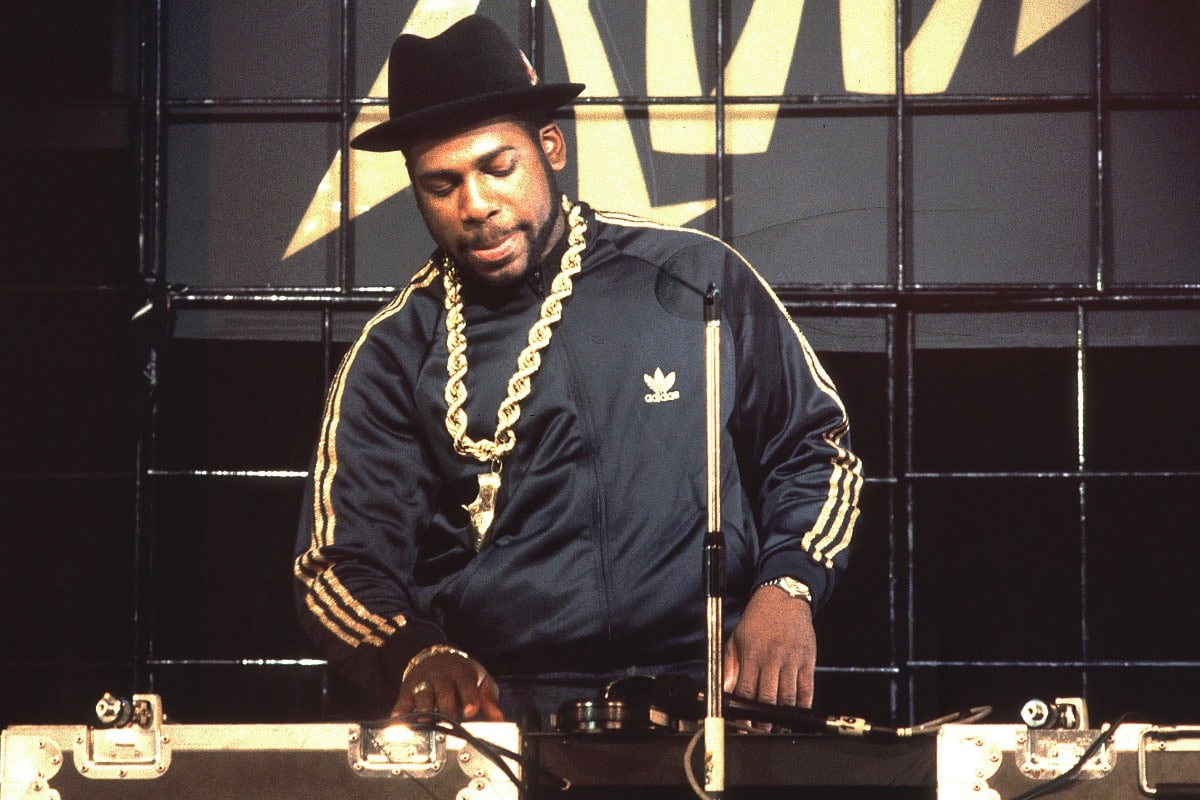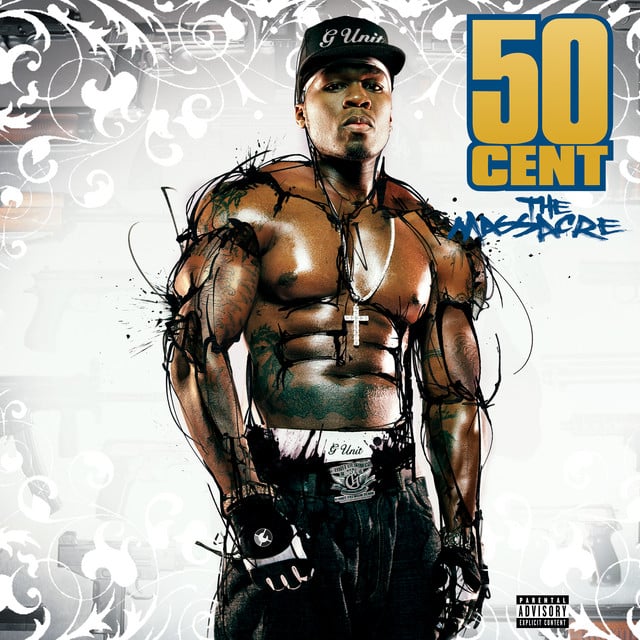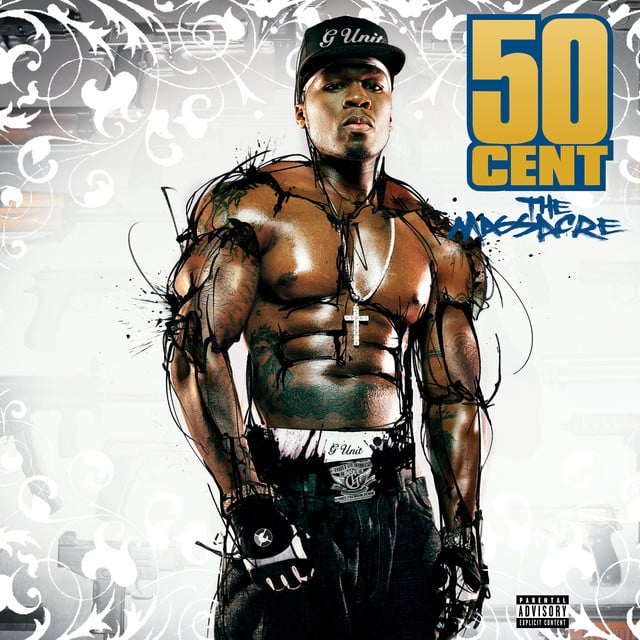Released: 2003
With an arrogant and braggadocious swagger, “P.I.M.P.” by 50 Cent lays bare the gritty insights of street hustling and ‘pimping’ culture. The track provides an unabashed perspective on materialism, power dynamics, and an explicit depiction of 50 Cent’s confidence in his ability as a ‘player’.
It was released as part of his 2003 debut album ‘Get Rich or Die Tryin’, 50 Cent asserts his persona as untouchable – a man who refuses to be played, exploited, or manipulated.
The hook of the track is simple, yet makes a powerful statement. 50 Cent states, “I don’t know what you heard about me / But a bitch can’t get a dollar out of me,” directly challenging stereotypes and assertions about him. The repetition throughout the song emphasizes not just his persona, but the culture he embodies.
When he says “No Cadillac, no perms, you can’t see that I’m a motherfuckin’ P.I.M.P”, he’s refuting the stereotypical image of a pimp with the extravagant car and flamboyant style, suggesting he’s a new breed of street hustler.The first verse has 50 Cent detailing the allure he holds over a woman who’s attracted to expensive brands, a symbol of his wealth and status.
Yet, while she’s surrounded by men “paying her ’cause they want her”, he doesn’t need to pay. Instead, his street smarts (‘G’-game) and New York-rooted charisma are his currency – it’s about power, not love or physical attraction.
Midway through the verse, he flips the script: he’s not pursuing her for sexual favors, but rather for financial gain. Instead of valuing her for sexual prowess, he sees her as another piece on the chessboard of his money-making operation, demanding she “hit that track, catch a date, and come and pay” him.
The resounding chorus affirms his claims, insisting that no woman can manipulate or exploit him for money. This further emphasizes his hardened exterior, his self-image as the puppet master in these exchanges.
In the next verse, 50 Cent extends an invitation to a woman, offering his guidance and the chance to experience the lavish lifestyle he leads. But his promises, such as “We could toast to the good life”, come with a string attached: she would be expected to contribute to his hustling operation.
In this view, 50 positions himself as her savior, a figure who could solve all her problems – a stark contrast to her previous partner who “‘aint ’bout shit”. He can be her “friend, father, and confidant”, reminiscent of the manipulative tactics some pimps use to control and exploit.
The next verse sees 50 Cent touting his extravagant lifestyle with an air of nonchalance – he’s flexing ‘gator shoes’ and ‘shopping for chinchillas in summer’, this ostentatious display effectively attracts the women he’s targeting. He spits cold and hard facts about the fluid nature of relationships in his world; women are merely temporary acquisitions.
There’s a harshness in his language, a brutal honesty about the transactional nature of his relationships and a heavy dose of misogyny that underscores his theme.
He then proceeds to talk about his ‘bottom bitch’, Niki, who despite having been physically abused before, is loyal to him. This verse is a candid depiction of the violence and turmoil inherent in the realities of the pimping world.
The track ends with the assertion of his P.I.M.P status and a suggestion that he could navigate both the Hollywood and hood realities with equal charm and guile. He signs off with, “I ain’t gotta slow down for you to catch up,” highlighting once again his confidence and indifferent attitude towards anyone struggling to keep pace with him.
Ultimately, “P.I.M.P.” is a brash display of 50 Cent’s street-hardened exterior, a portrayal of his self-constructed persona that thrives on power, manipulation, and an intricate understanding of the hustling game. It’s an immersion into a reality that many might find uncomfortable, but one which is an undeniable part of the complex and multifaceted tale of hip-hop culture.







